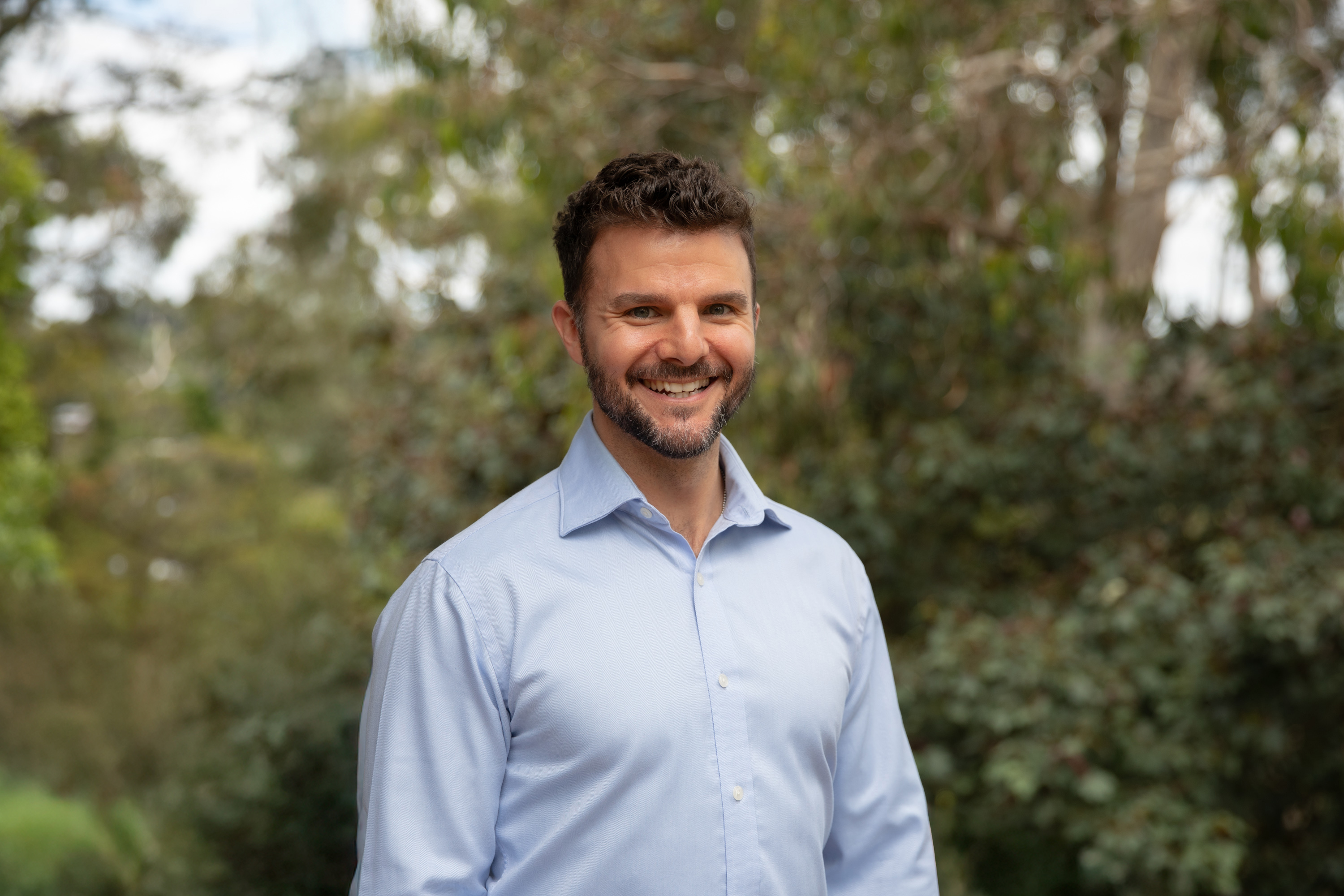This blog navigates…
How Does Our Childhood Affect Who we Become as Adults?
Have you ever wondered why certain situations trigger strong emotions, even when they don’t seem like a big deal?
Maybe you struggle with self-doubt, avoid conflict at all costs, or feel anxious in relationships. These patterns often trace back to childhood experiences – both positive and negative.
Your early years lay the foundation for how you process emotions, build relationships, and cope with stress. Understanding these influences can be the key to personal growth and healing. In this post, we’ll explore how childhood shapes emotional health and how counselling can help you rewrite limiting patterns.
The Link Between Childhood and Emotional Well-Being
Your brain develops rapidly in childhood, absorbing messages from caregivers, teachers, and the world around you. These experiences shape your beliefs about yourself and others.
For example:
If you grew up in a nurturing, emotionally validating home, you likely feel safe expressing emotions and trusting others.
If you experienced criticism, neglect, or unpredictability, you may struggle with self-worth, emotional regulation, or setting boundaries.
Psychologists refer to this as attachment theory – the idea that our earliest relationships influence how we connect with others throughout life.
Common Childhood Patterns That Affect Adulthood
1. Fear of Rejection or Abandonment
If love or approval in childhood felt conditional (e.g., only given when you achieved something), you might now struggle with people-pleasing or fear rejection in relationships.
2. Difficulty Expressing Emotions
Children raised in environments where emotions were dismissed (“Stop crying, you’re fine”) may suppress their feelings as adults, leading to emotional numbness or outbursts.
3. Struggles with Self-Worth
Constant criticism or comparison in childhood can lead to harsh self-judgment and perfectionism later in life.
4. Trust Issues
If caregivers were unreliable or unpredictable, trusting others may feel unsafe, making vulnerability difficult in relationships.
Healing Childhood Wounds Through Counselling
Recognizing these patterns is the first step toward change. Counselling helps you:




It’s never too late to rewire your emotional responses and create healthier patterns.
How to Get Started
If you recognize yourself in these patterns, counselling can help you understand and heal your emotional responses. It’s a space to explore your past without judgment and build a healthier relationship with yourself.
Ready to start your healing journey? Book a free 15-minute consultation here.

